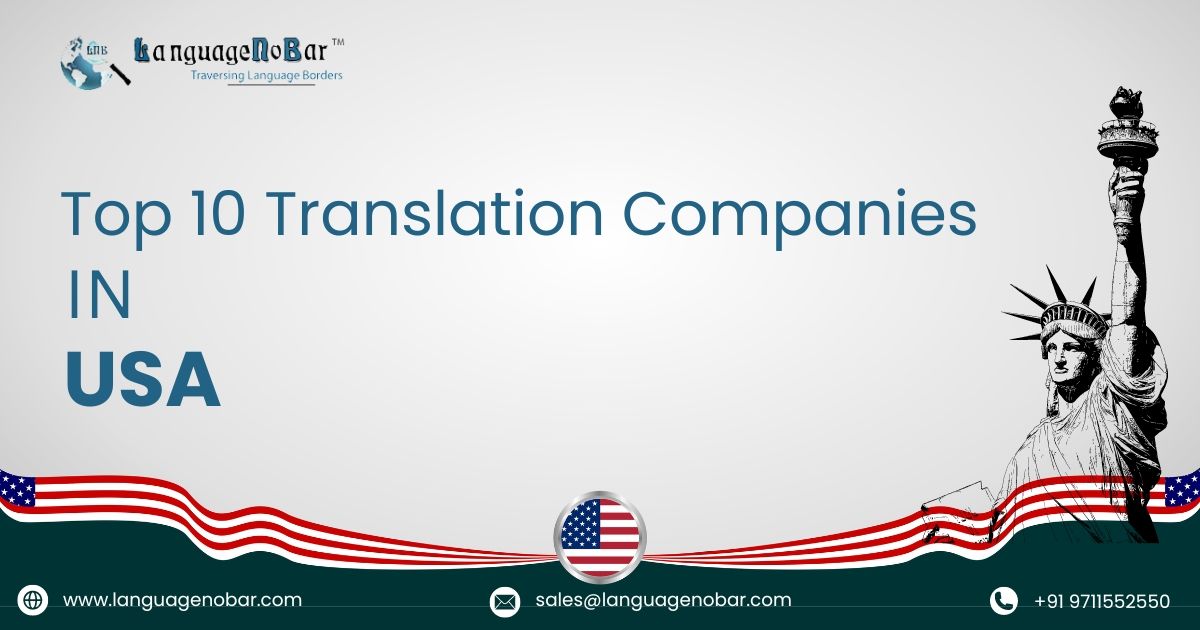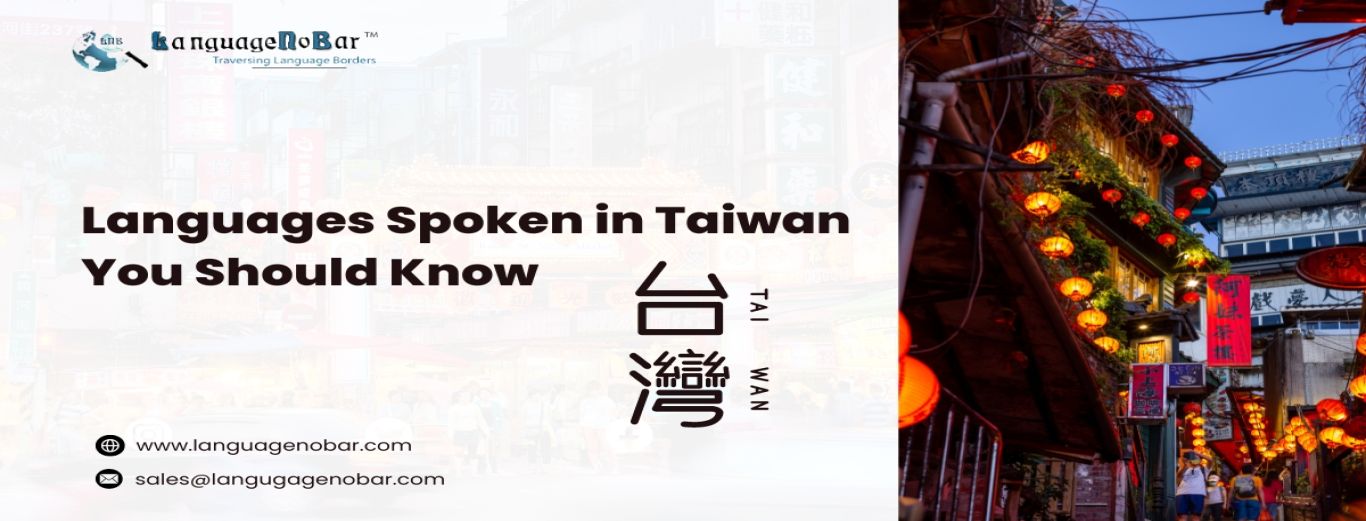Certified Translation Services vs. Regular Translation Services for B2b Companies
- Blog
- Comments (0)
Translation is a vast industry with a market value of USD 41.78 billion in 2024 and is expected to grow at a CAGR of 2.02% in the next decade.
Source: Straits Research
Today, every industry needs professional translation services to connect globally with a diverse clientele. However, when it comes to translation some yardsticks separate the best. Many companies offer regular translation services, but when it comes to matching standards internationally B2B companies need to collaborate with certified translation services. Many businesses partner with translation service providers only to find inconsistencies in work or major issues with translation quality.
Image credits: Wikepedia
This blog is a guide for B2B companies who are looking for an in-depth guide on choosing the right translation services in India, and to understand how regular translation differs from certified translation, so that they can make informed decisions.
If you are sitting on the sidelines, thinking about what kind of translation services to choose, here is our consolidated knowledge of 16+ years of language expertise across domains, coming to your aid.
Regular Translation Services:
When it comes to regular or standard translation services, they typically involve basic translation provided by agencies, which includes the literal translation or word-for-word transcription of text from one language to another. They might use primary/basic machine translation tools/platforms and human translators for the basic translation of generic content. These translation services lack subject matter expertise related to diverse domains and do literal translation without an in-depth understanding of context.
Image credits: Linkedin
Where are Regular Translation Services Used?
Regular translation services or standard translation services are used when accuracy, precision, and official validation aren’t essential criteria. For personal communications and informal business communications that don’t involve legal or regulatory repercussions, for general use by students to decipher meanings in their native language, regular translation services could be used. Because of the comparatively lesser expertise needed the translation services are affordable as compared to certified translations.
Certified Translation Services:
The term “certified translation services” is used interchangeably for two entirely diverse meanings. Certified translation services could mean either of these two:
- Translation Services That Gain Global Translation Certifications
- Translation Services That Provide Clients with Internal Quality Assurance Certificates
Translation Companies That Have Global Translation Certifications
Translation agencies that have global translation certificates like
- ISO 9001-2008 (a quality management system),
- ISO 17100:2015 (Defines standards for delivering high-quality translation services) & ISO 27001:2013 (a framework for managing and securing sensitive information) and more, come under this category of certified translation services.
The translation agencies that have these certifications fall under this category of certified translation services. These certifications offer an assurance of credibility and quality standards and provide a trust stamp that the translation agency adheres to internationally recognized standards of quality. These certifications endorse the agency's commitment to maintaining high-quality translations and meeting rigorous benchmarks, by following established industry standards.
Translation Companies That Provide Clients with Internal Quality Assurance Certificates
Translation agencies that provide certificates to clients to confirm that the delivered work has undergone rigorous quality assurance processes. These include a stamp, affix, or signature of the agency head as a form of validation or endorsement. These internal documents, provided by the company, serve as a testament to the agency's commitment to maintaining high standards and ensuring that the translations meet defined quality benchmarks. While these certificates assure clients of the quality of the work, they are distinct from globally recognized certifications and are primarily used to verify internal quality control measures and can even be used to sue the agency in case of any error in the translation.
Where are Certified Translation Services Used?
B2B industries need translation not only as a way to collaborate with businesses globally but also to establish a brand identity in the foreign multi-lingual market. Any discrepancy in translated work can act as a major pet peeve and break business ties. "Especially when dealing with organizations sensitive to cultural nuances, a mistranslation could jeopardize business partnerships
Certified translation services are vital across various B2B industries, including retail, manufacturing, pharma, legal, and travel, where precision and regulatory compliance are paramount. In retail, these services ensure the accurate localization of product descriptions and marketing materials for global markets. Manufacturing companies rely on certified translations for technical documentation and compliance reports, while pharma industries require precise translations of clinical trial documents and regulatory submissions. In the travel sector, certified translations of brochures, travel itineraries, and legal documents support seamless international operations and customer interactions. By adhering to global standards, certified translations facilitate smooth business processes and legal compliance across diverse industries.
Image credits: Adobe Stocks
Need of Notarized and Certified Translation
If the translation is intended for government or legal purposes, it may be required to undergo additional verification through notarization. In such cases, even if a translation is certified by a professional agency, the document might need to be notarized to ensure its authenticity and compliance with legal standards. Notarization provides an extra layer of validation by a notary public, who attests to the accuracy and integrity of the translated content, making it officially recognized and acceptable for legal or official use.
Unlock Business Success with Certified Translation Excellence
Business success is built on networking, collaboration, and brand image. In the era of evershifting loyalties, organizations need to approach translation as a key differentiator by prioritizing quality. LanguageNoBar offers ISO 9001-2008, ISO 17100: 2015, and ISO 27001-certified translation services for B2B companies in over 250+ Indian and international in-demand language pairs. To achieve exceptional quality, precision, and data security in your translation needs, engage with LanguageNoBar as your strategic partner today.






